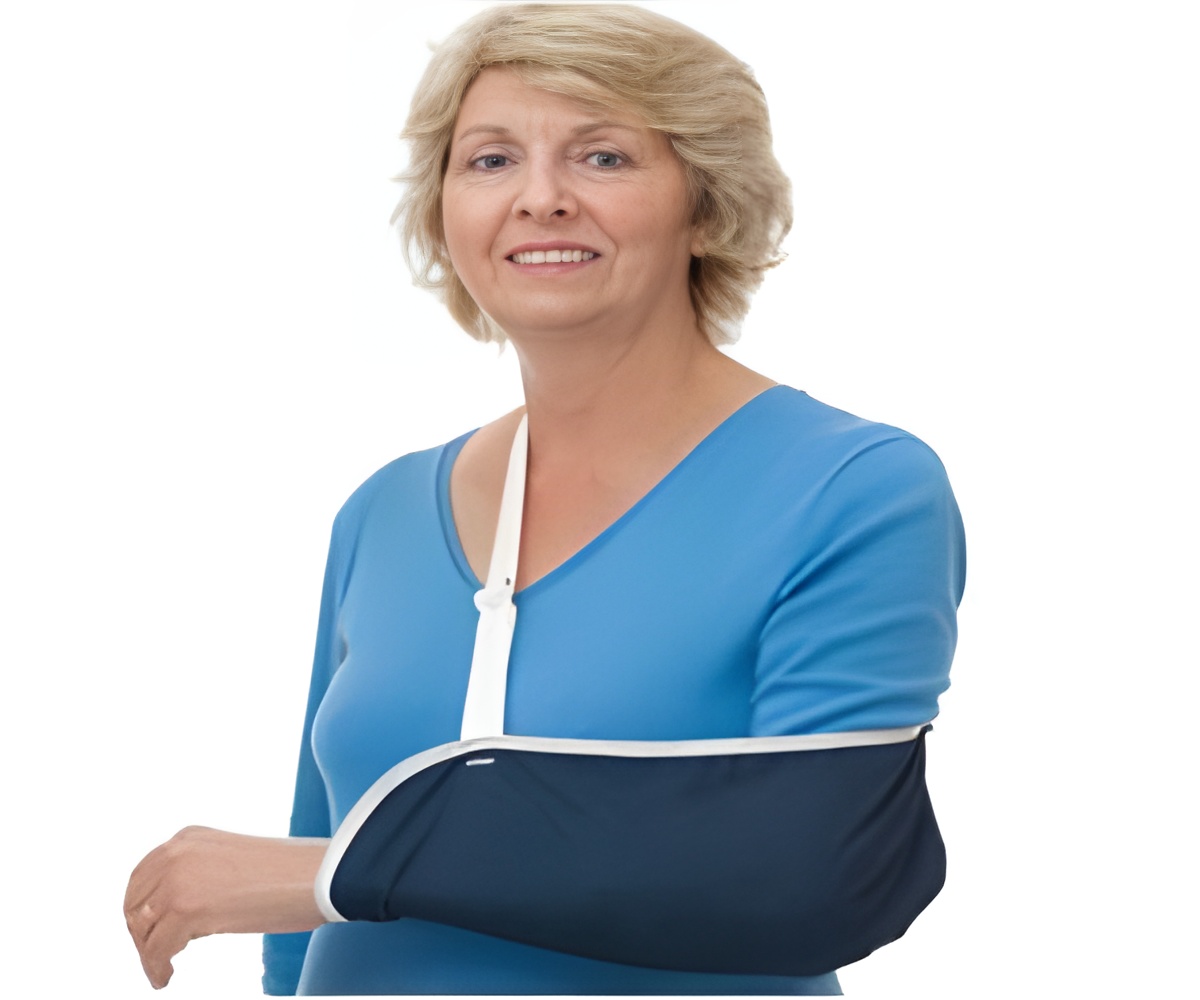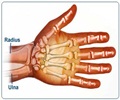The fear of falling is likely to lead to future falls among older people, irrespective of their actual fall risk, a new study has found.

Fear of falling is common in older people and is associated with poor balance, anxiety, depression and falls. But the problem of irrational fear has been neglected in the scientific literature.
So a team of researchers from Australia and Belgium set out to improve their understanding of fear of falling and its impact on the risk of falls.
Five hundred people, aged 70 to 90 years, living in Sydney took part in the study and underwent an extensive medical and neuropsychological assessment. Actual and perceived fall risks were then estimated using recognised scoring scales and participants were followed up monthly over a one-year period.
The researchers found that both actual fall risk and perceived fall risk independently contribute to a person's future fall risk.
Further analysis was then used to split the sample into four groups based on the disparity between actual and perceived risk.
Advertisement
However, about one third of elderly people either underestimated or overestimated their risk of falls.
Advertisement
Overall, it seems that high levels of perceived fall risk are likely to result in future falls, irrespective of the actual risk, and the disparity between actual and perceived fall risk contributes to risk mainly through psychological pathways, say the authors.
The findings also suggest that reducing fear of falling is not likely to increase the risk of falls by making older people overly confident, they add.
The study has been published on bmj.com.
Source-ANI










